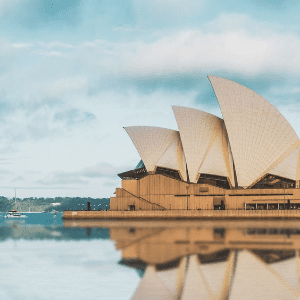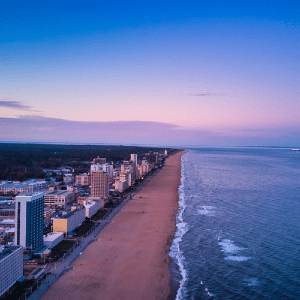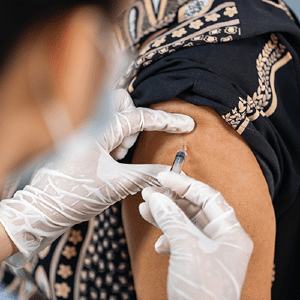 After being one of the highest-performing countries during the early portion of 2021, Australia’s hotel occupancy has been on a rapid decline amid the latest COVID-19 lockdowns across the country, according to data from STR through 1 August.
After being one of the highest-performing countries during the early portion of 2021, Australia’s hotel occupancy has been on a rapid decline amid the latest COVID-19 lockdowns across the country, according to data from STR through 1 August.
“New and extended restrictions amid the latest outbreaks have undoubtedly affected performance in recent weeks,” said Matthew Burke, STR’s regional manager for the Pacific region. “Although winter is likely a precipitating factor for some of the decline, these new restrictions across state borders have meant that a lot of travel is simply not possible. We noted last month that forward-looking data around the country was trending downward, and that has been supported by the actualized figures.”
Markets with longer restrictions have seen occupancy levels below 20%. For the week of 26 July-1 August, the STR-defined Sydney Surrounding market, as well as Sydney, posted 15.6% and 15.8% occupancy levels, respectively. Those were each market’s lowest weekly levels in 2021.
“The extended lockdown in Sydney and most recently in Brisbane have led to airline capacity shrinking dramatically,” Burke said. “Qantas, for instance, went from operating at 100% domestic capacity in May to less than 40% in July. For hotels, STR’s latest Forward STAR data shows Sydney, Melbourne and Brisbane with lower levels of occupancy on the books at the start of the month than compared with the same time last year. In markets which are open, a renewed push toward intrastate travel has commenced with tourism voucher campaigns launching in Tasmania and the Northern Territory, with others possible to help stimulate demand. For example, in Adelaide, Friday nights show the highest occupancy on the books with the legacy voucher campaign providing that base stimulatory demand.”
Although up week over week, Adelaide (30.0%), Melbourne (27.1%) and Canberra(21.2%) also came in at notably low occupancy levels for the week ending 1 August.
“Like the Northern Beaches cluster in December and January, Canberra’s performance is closely tied to Sydney’s openness,” Burke said. “Despite not having a case, Canberra is still feeling the performance impact.”
The Darwin Area posted Australia’s highest occupancy for the week, at 65.4%. The market’s weekly occupancy was as high as 82.0% in late May. Queensland came in second during the week, at 61.8%, followed by Perth and Brisbane at 48.1% and 44.7%, respectively.
Further information regarding Australia recovery potential between lockdown periods can be found here.















